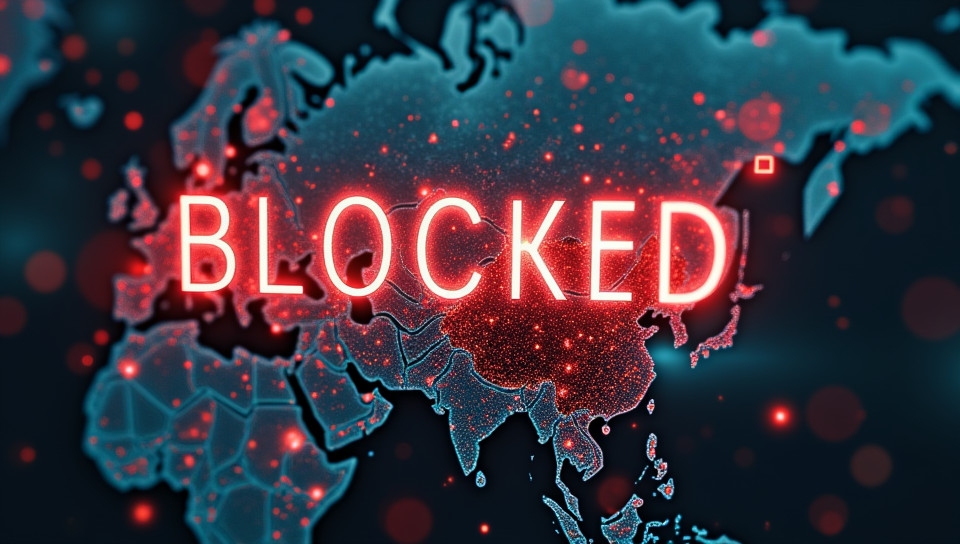Websites are blocked as a form of censorship 73%

Websites as a Tool for Censorship
The internet, once hailed as a bastion of free speech and open communication, is increasingly becoming a battleground for governments and corporations seeking to impose their will on the online world. One of the most insidious tools in this arsenal is website blocking – the practice of restricting access to certain websites, often under the guise of protecting national security or preventing cybercrime.
The Rise of Website Blocking
Website blocking has become a growing phenomenon around the world. From China's notorious Great Firewall to India's attempts to block access to social media sites during times of civil unrest, governments are using website blocking as a means of controlling the narrative and suppressing dissenting voices.
Why Website Blocking is a Form of Censorship
So why should we be concerned about website blocking? The answer lies in its sheer scope and indiscriminate nature. When websites are blocked, it's not just individual pieces of content that are being censored – it's an entire platform, often used by millions of people around the world.
- Sites like Wikipedia, YouTube, and Google are frequently targeted for blocking, due to their role as hubs for information and free expression.
- News sites and blogs are also often caught in the crossfire, with many governments seeking to restrict access to online media outlets that criticize their policies or actions.
- Social media platforms like Facebook and Twitter have been blocked in several countries, in an attempt to silence dissenting voices and stifle online activism.
The Consequences of Website Blocking
The consequences of website blocking can be far-reaching and devastating. By restricting access to information and free expression, governments are effectively silencing the voices of their citizens – a fundamental human right enshrined in Article 19 of the Universal Declaration of Human Rights.
Conclusion
In conclusion, website blocking is a form of censorship that has serious implications for online freedom and human rights. As we move forward into an increasingly digital world, it's more important than ever to recognize the importance of protecting our online rights – including the right to access information and express ourselves freely online. By speaking out against website blocking and advocating for greater transparency and accountability, we can help ensure that the internet remains a place where ideas flow freely and voices are heard loud and clear.
- Created by: Amelia Rivera
- Created at: Sept. 18, 2024, 10:52 p.m.
- ID: 10123